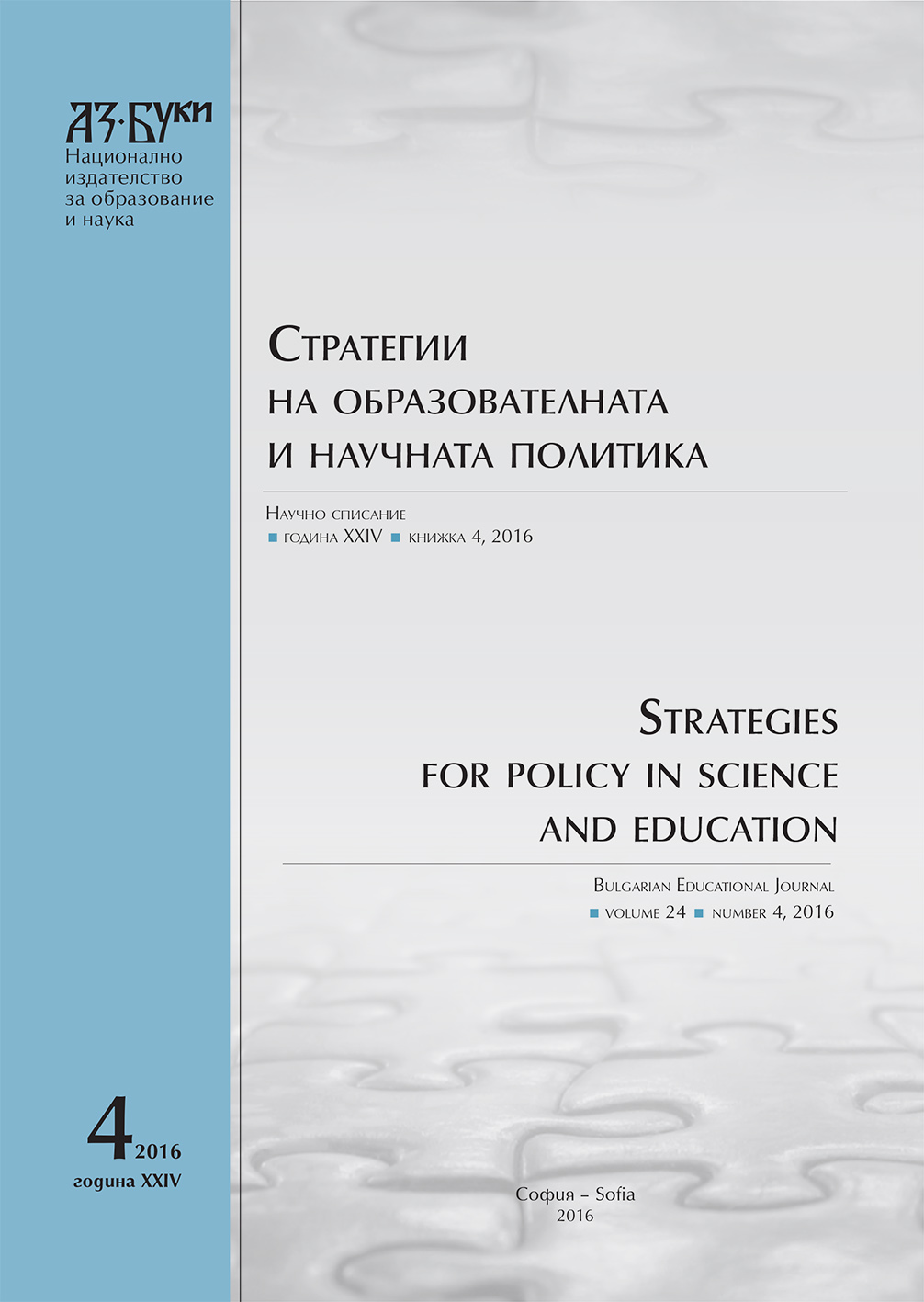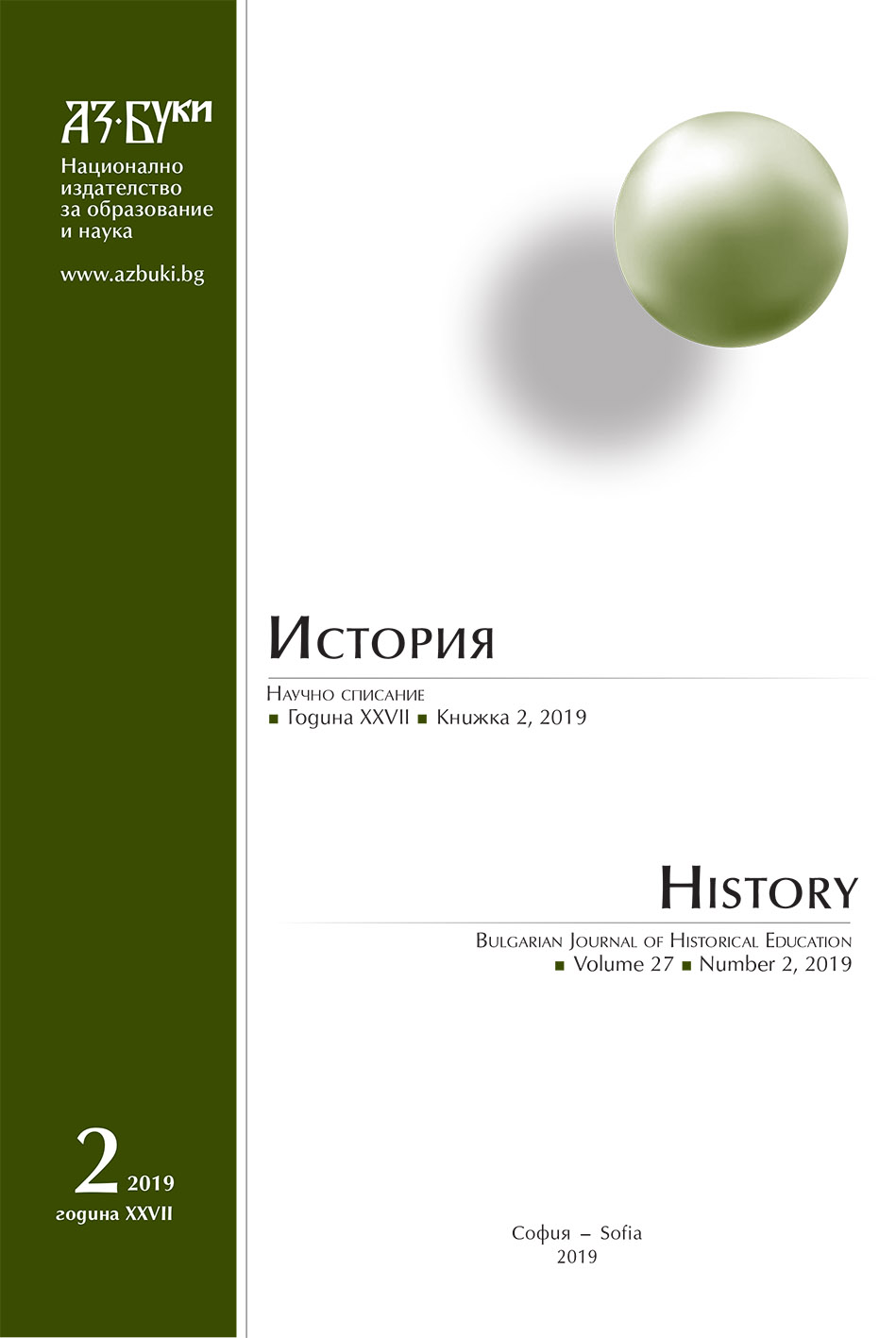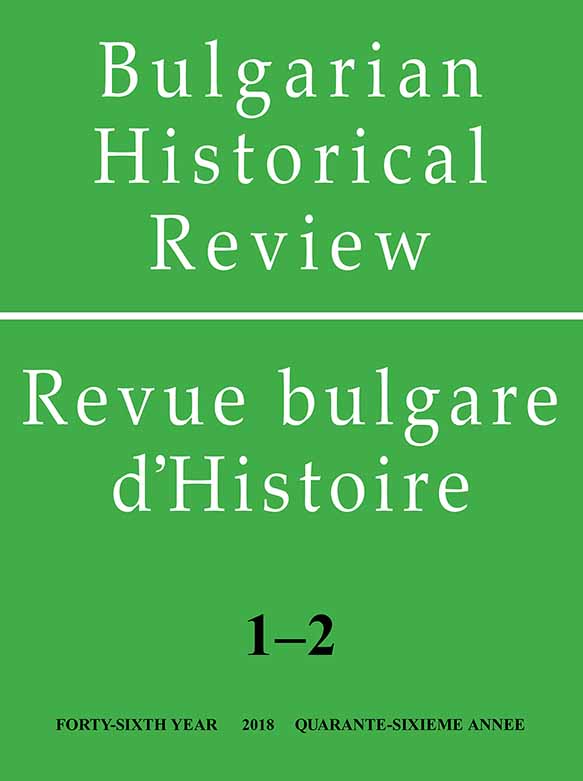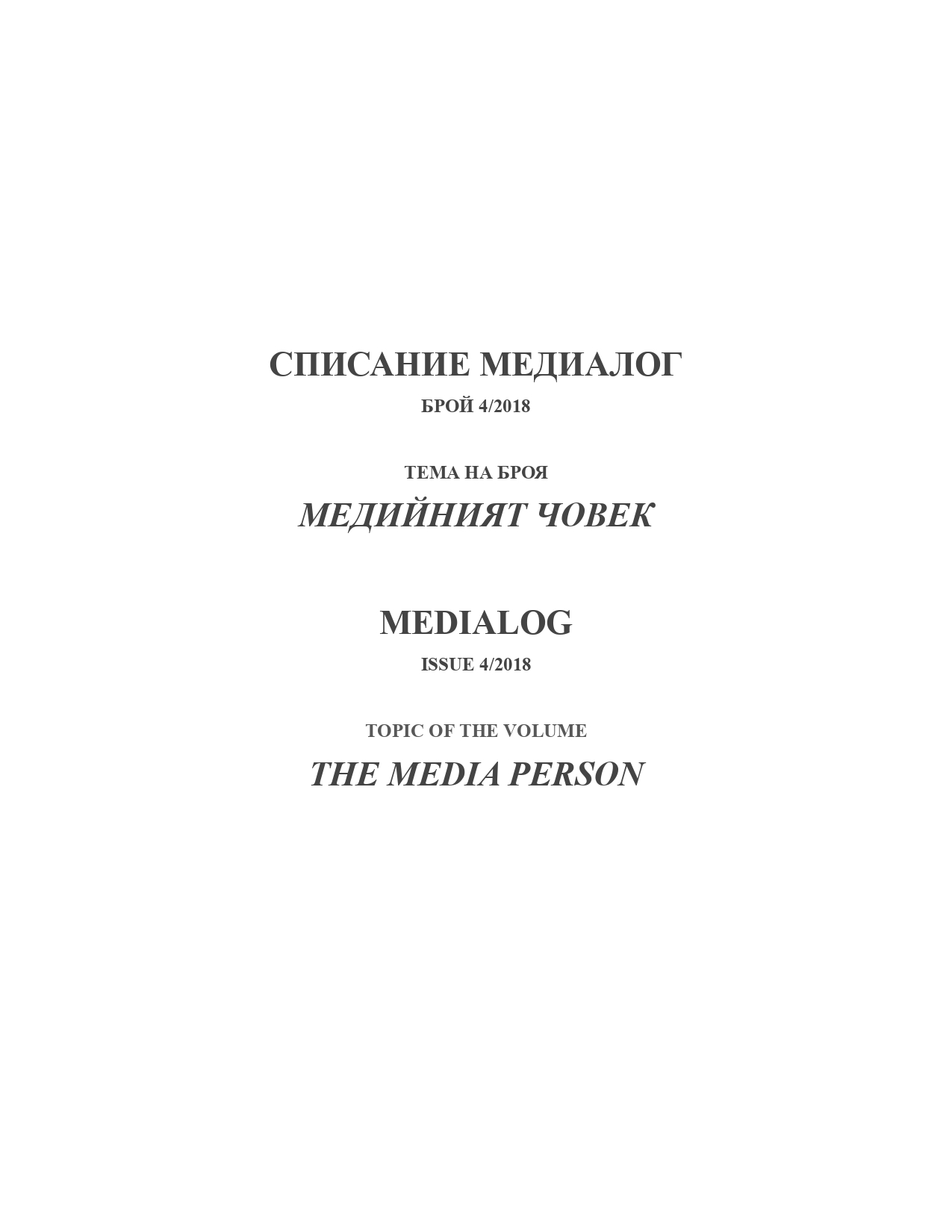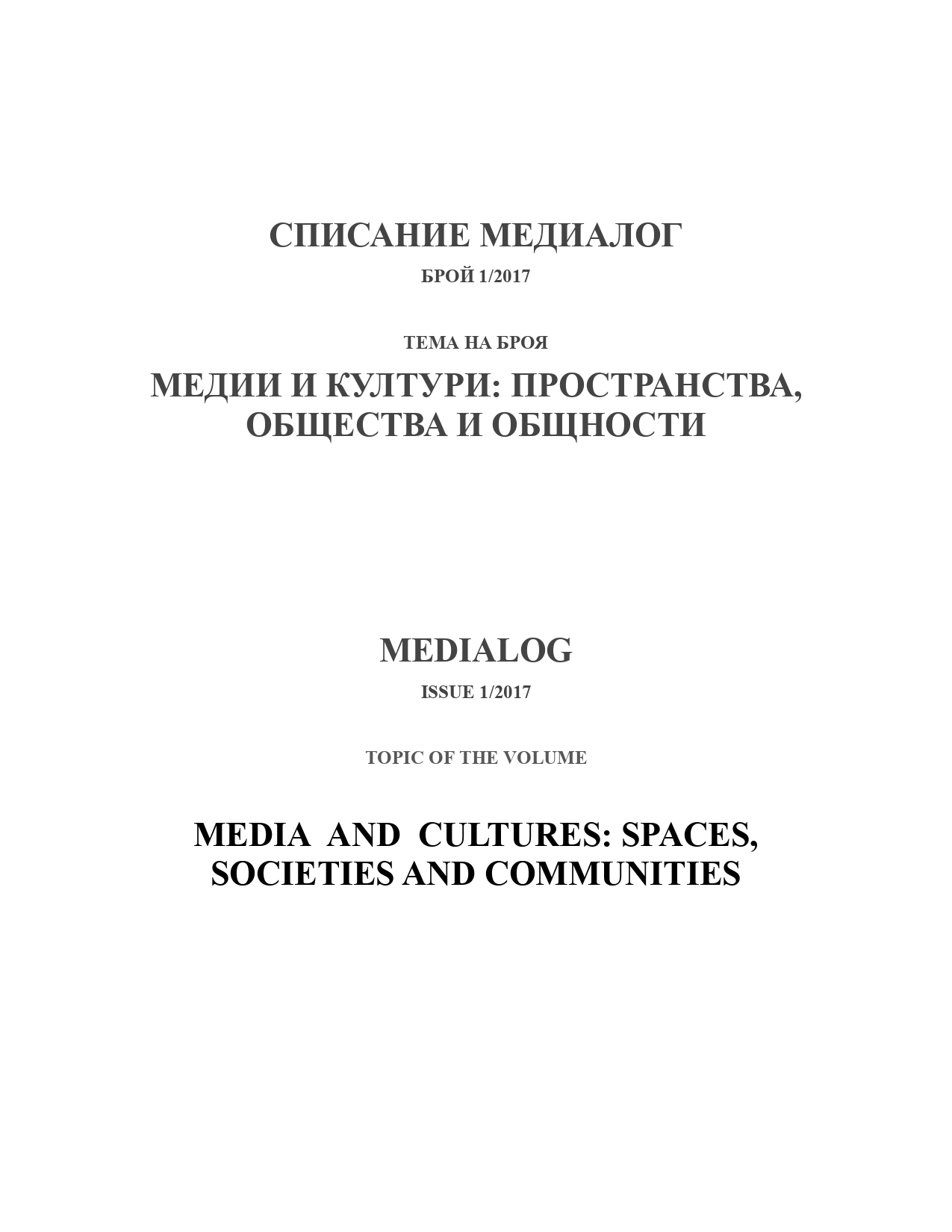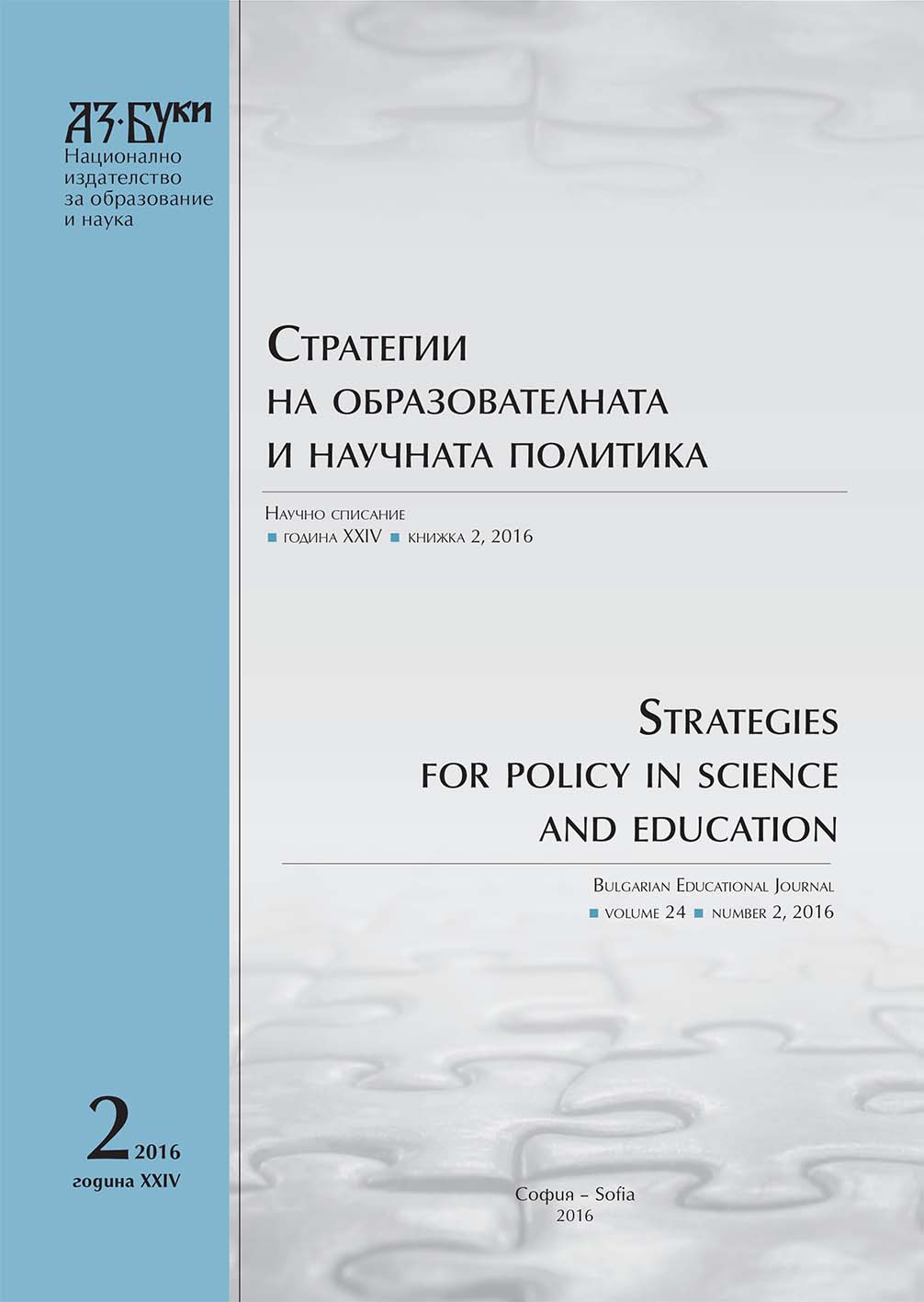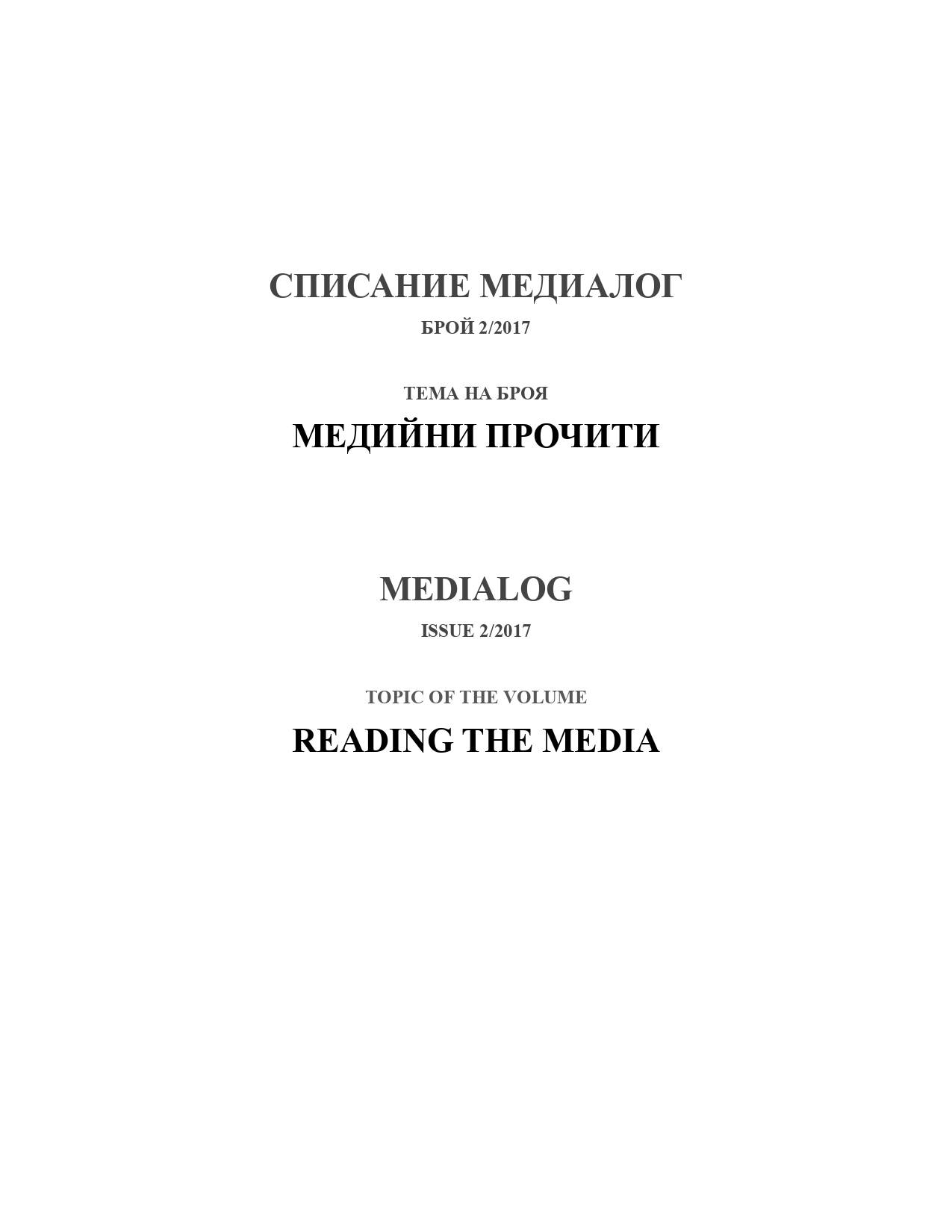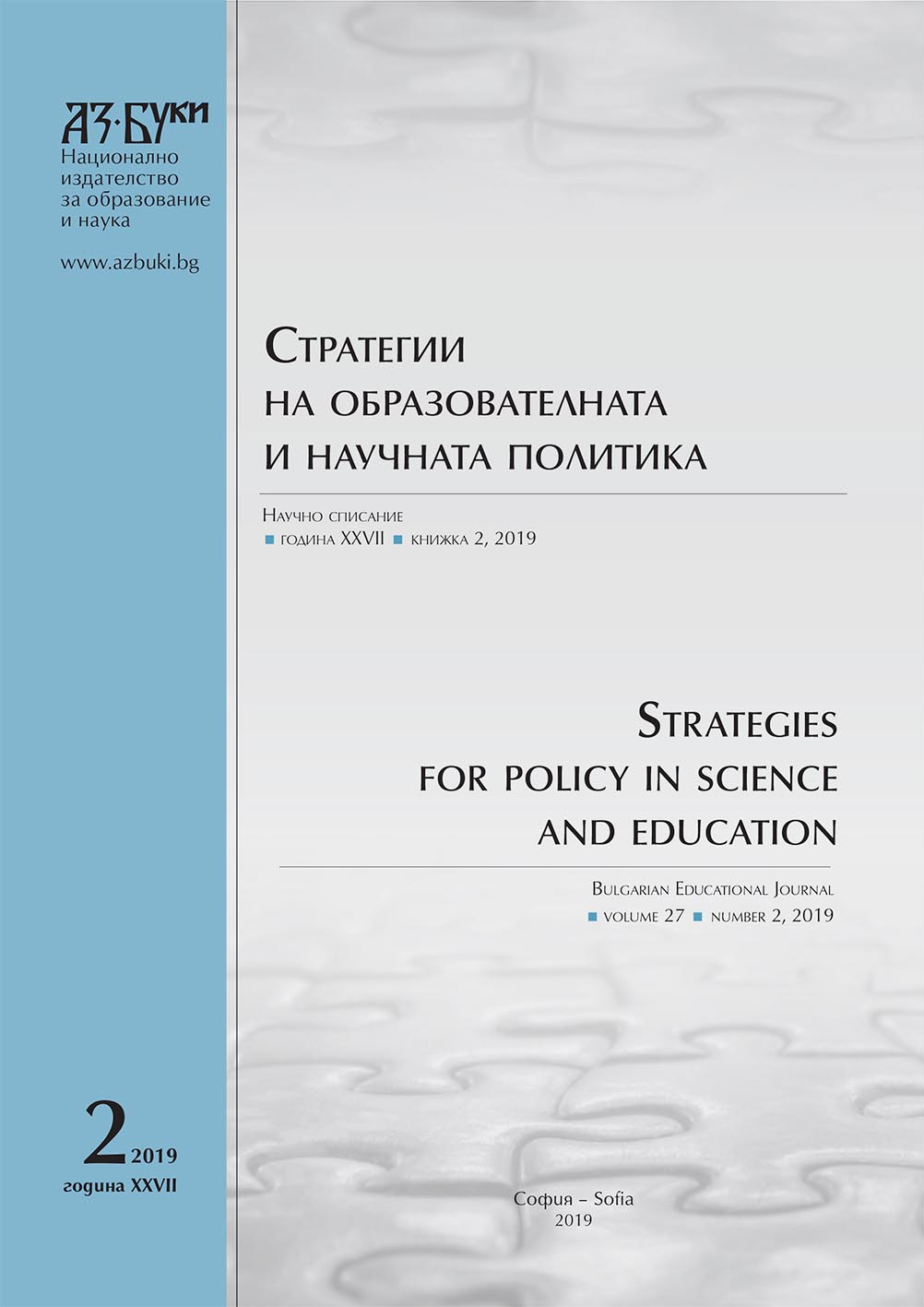
Action Research in Higher Education Fostering Transition toward a Sustainable Economy: Trainings in Ecopreneurship at Three Bulgarian Universities
This paper discusses the possibilities for higher education (HE) policies to be strategically assured upon the triple helix between university, local authorities and businesses providing the proper social context as a resource for authentic educational content and learning environment. The study is based on the application of Action Re¬search methodology in the framework of the applied project of the Institute for the Study of Societies and Knowledge at the Bulgarian Academy of Sciences, on the example of ecopreneurship training, supported by the German Federal Environmental Foundation, as an experiment regarding our central research question: How is it possible to foster the transition toward sustainable economy through education, on the example of such trans¬disciplinary course in higher education? In particular, we involve different stakeholders (university teachers, students, university administration and green businesses) in order to improve educational outcomes, and especially, to increase the level of competence of academic staff and students to teach, learn, explore, and transfer new fields of knowl¬edge, experience, and attitude toward sustainable economy. We operationalize that through competencies (with their nuclei – knowledge, skills, and attitudes) as a didacti¬cal instrument. During the process our cases reveal the need of transdisciplinary learn¬ing through especially designed close to ‘real-world’ settings. Thus, creating free space for experimentation and mutual learning we plan on achievable and product-oriented outcomes, which gives confidence and motivation for further learning and involvement in the field of sustainable economy.
More...
